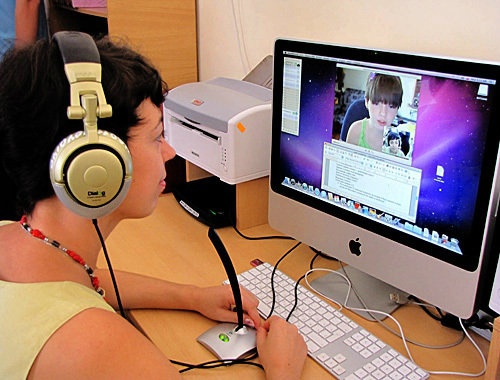A206 Approaches to Islam: Theological and Practical

We are happy to have you here!
Make yourselves at home!
Dear Students! Welcome to the Course «Approaches to Islam: Theological and Practical". We invite you to join us in a great adventure of exploring in-depth some of the fundamental issues of Islam. We hope and pray you will have a wonderful experience studying with us and complete this course successfully!
The very first thing we expect you to do is to follow our weekly schedule. We strongly encourage you to complete your lessons within the suggested time frame, which will require maintaining the pace outlined in your course materials. It is recommended that you take a genuine effort in regular forum participation. This allows an opportunity to learn from other students and enrich their learning experience by your views, ideas and discoveries, as you navigate through the course together.
Before you get started, please, review the Course Description and the Course Schedule.
Updates on your group activities, further instructions and other relevant information will be available at “Announcements” forum page.
If you have any questions or messages to the course tutor, please, do this on “Ask a question” forum page. While the tutor will provide you with support during the course, you should be aware of the self-discipline required for the successful study.
You are welcome to submit your prayer requests to «Prayer Room» forum page.







